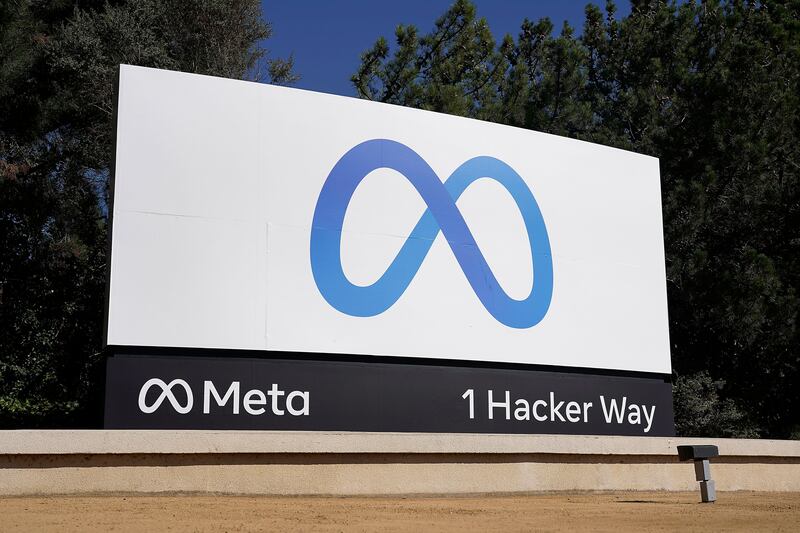Meta is being sued — again — for “fueling violence and hate,” this time in the Tigray region of Ethiopia. According to reports, the lawsuit has been filed in Kenya’s high court, where Meta’s sub-Saharan presence is based and contends that Facebook’s recommendation algorithm amplified hateful and violent posts in the genocidal war in northern Ethiopia. The lawsuit also claims that Meta failed to hire enough personnel fluent in local languages to moderate content.
Petitioners include the Kenyan rights group Katiba Institute and Ethiopian researchers Fisseha Tekle and Abrham Meareg.
Abrham claims father, Meareg Amare Abrha, a Tigrayan professor, was targeted first on Facebook, and then in real life, when he was gunned down a year ago. His address, his photo and calls for his death had been shared on Facebook. His son issued a statement saying he tried to get Facebook to remove the posts. He alleges he got no response until after his father was dead.
The petitioners are asking that posts promoting violence and hate be demoted, not promoted, that sufficient content moderators fluent in local languages be hired at the content moderation hub in Kenya and that a $1.6 billion restitution fund be created.
Meta and Sama, its main subcontractor for content moderation in Africa, are already facing another lawsuit in Kenya for alleged forced labor and human trafficking, unfair labor relations, union busting and failure to provide “adequate” mental health and psychosocial support,” according to TechCrunch.
Facebook previously faced accusations over the role the platform played in the genocide of Rohingya Muslims in Myanmar in 2017. Myanmar’s military engaged in a campaign of rape, murder and razed villages in what a top United Nations official called a “textbook example of ethnic cleansing.”
In 2018, Mark Zuckerberg sat down with Vox’s Ezra Klein and was asked about the role Facebook played in fueling anti-Muslim and anti-Rohingya sentiment. “The Myanmar issues have, I think, gotten a lot of focus inside the company,” Zuckerberg said. “And they’re real issues and we take this really seriously.” After activists sharply criticized Zuckerberg for his “insufficient response” to hate speech and calls to violence, he actually sent a letter of apology, per The New York Times, saying he was hiring “dozens” of content reviewers. At the time, activists said they would need 800 moderators, not just dozens.
Facebook did respond, but critics say the increased moderation in Myanmar came too late and did not address content moderation issues in most of the rest of the world. Information from the Facebook Papers, a collection of documents released by whistleblower Frances Haugen, showed that “although the United States comprises less than 10 percent of Facebook’s daily users, the company’s budget to fight misinformation was heavily weighted toward America, where 84 percent of its ‘global remit/language coverage’ was allocated. Just 16 percent was earmarked for the ‘Rest of World,’” including places like Ethiopia, according to The Washington Post.


 alt=Holly Richardson
alt=Holly Richardson